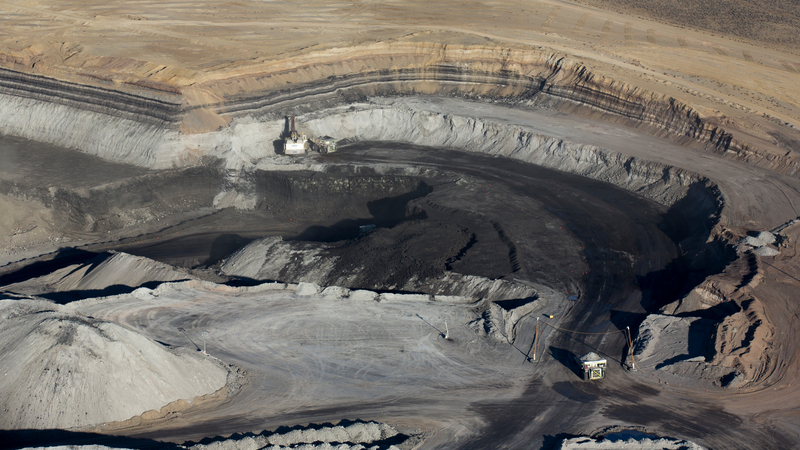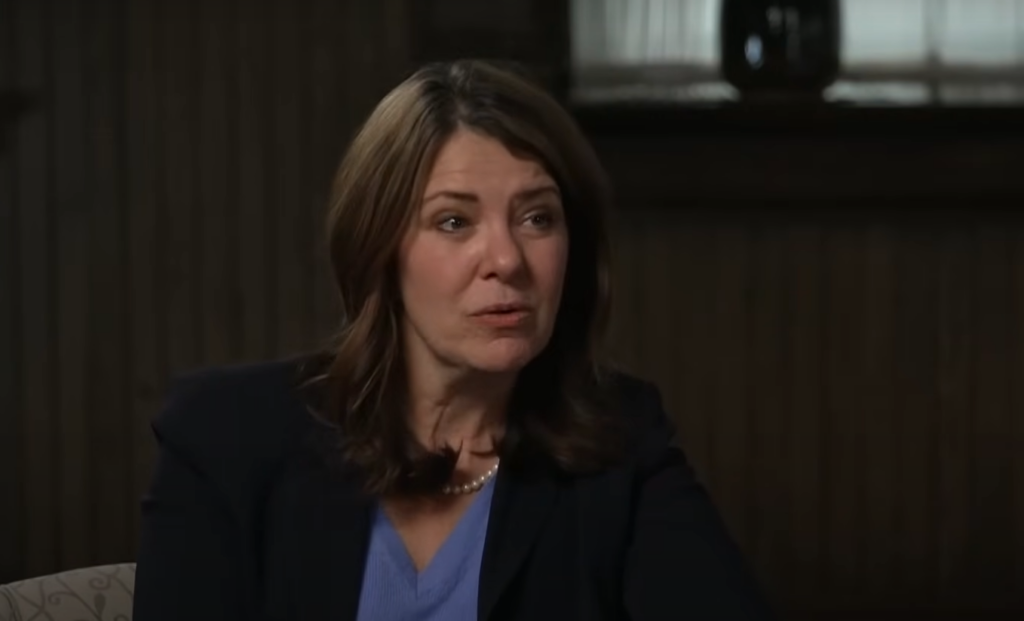This article by Grist is published here as part of the global journalism collaboration Covering Climate
Now.
The insurance industry is in a state of flux because of climate change. This year has seen a record-breaking number of costly disasters in the United States, and insurance companies are on the hook for much of that property damage. But even as insurers pull out of disaster-prone areas, deeming them too risky to insure, they are continuing to cover one of the most polluting industries: coal.
A recent report from Public Citizen, a nonprofit advocacy organization, and Insure Our Future, a global coalition aimed at holding the insurance industry accountable for its role in climate change, details the extent to which global insurers are propping up U.S. coal mining companies. In 2022, five insurers — AIG, Liberty Mutual, Lloyd’s of London, Swiss Re, and Zurich — provided policies covering 41 percent of U.S. coal production, even though most of these insurers have made climate commitments. These companies’ policies enable coal mines to continue operating despite their destructive impact on the climate.
The report found that many of the companies still insuring coal mines have publicly promised to stop underwriting coal projects, or made net-zero pledges, in response to pressure from investors and activists. The report details how companies use loopholes like covering mining subsidiaries instead of parent companies, in addition to blatantly breaking their own rules, to continue to insure coal production. Mary Sweeters, a co-author of the report and an organizer with Insure Our Future, said the findings show that commitments alone are not enough to prevent warming.
“Climate commitments are only as strong as the details in their policies,” Sweeters said. “This shows that these policies are weak and are not aligned with a 1.5 degrees [Celsius] pathway.”
A recent report from the International Energy Agency found that limiting warming to 1.5 degrees C, which would prevent the worst impacts of climate change, is still possible if countries accelerate their deployment of renewables.
Carly Fabian, an insurance policy advocate at Public Citizen who contributed research to the coal report, pointed out that the insurance industry plays a crucial role in determining the fate of fossil fuel projects.
“Fossil fuel projects can’t operate without insurance,” because insurance is typically needed to secure financing, she explained. “Insurance companies are sort of gatekeepers — they provide a lifeline to the fuel industry.” And if they stop providing coverage, it becomes that much harder for coal mines to continue operating.
In some ways, insurance companies’ climate commitments are working. Even as they continue to insure mines, insurers’ restrictions on underwriting coal power generation “has generally rendered new coal plants almost uninsurable at this point,” said Sweeters.
Meanwhile, many of the same insurers still covering coal mines have stopped issuing policies to homeowners who are at risk of fires, hurricanes, and other disasters exacerbated by coal emissions. For instance, AIG, which underwrites 28 percent of U.S. coal production, stopped insuring homeowners in California last year. According to Fabian, this means that insurers are contributing to climate change while shifting the consequences onto individuals.
“The insurance industry has so far been saying, ‘We’re gonna offload these costs and risks onto the public, consumers and taxpayers,’” she said. “‘They’re gonna pay through higher insurance premiums, deductibles, reduced coverage, and we’re gonna walk away from the homeowners.’”
The report calls on insurance companies to stop underwriting coal mining and to strengthen their climate commitments. Sweeters also noted increased regulation could help, by requiring the insurance industry to disclose ties to the fossil fuel industry. But since insurance is regulated on the state level, it would have to happen in a piecemeal fashion.
“Regulators need to step up and recognize the role that insurance companies are playing in continuing to enable the expansion of fossil fuels and driving climate change,” said Sweeters.
Subscribe to our newsletter
Stay up to date with DeSmog news and alerts







